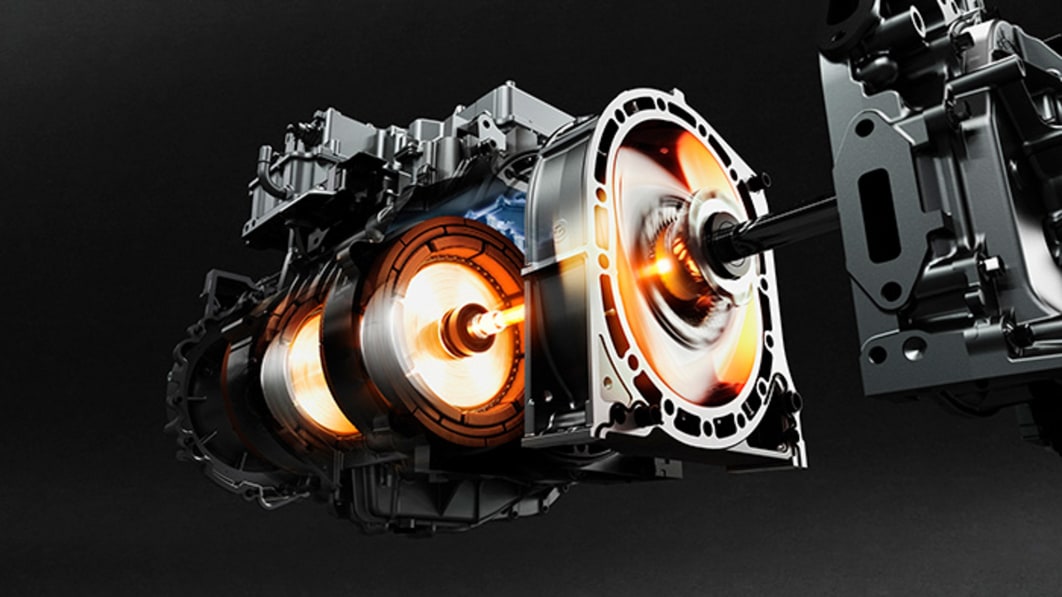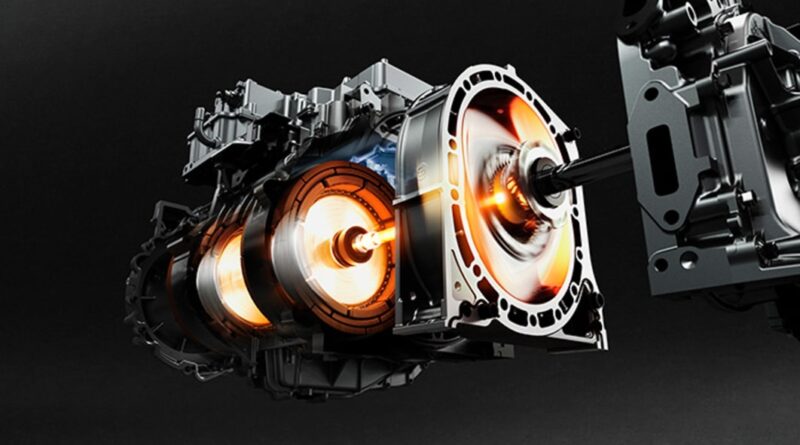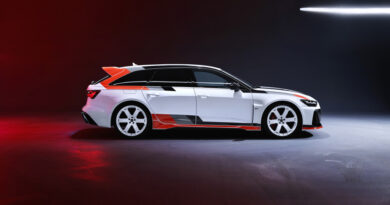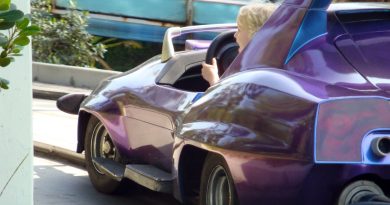Mazda restarts rotary engine development division

Another day, another Mazda rotary engine story, except this time, it’s from the automaker itself instead of a third-party speculator. Mazda announced a new division to “accelerate its research and development of rotary engines.”
Mazda restarted its RE Development Group within the Powertrain Technology Development Department of Powertrain Development Division (yes, that’s what it’s called). Before we get too excited, Mazda noted that the RE Development Group would focus on the use of rotary tech as generators, also known as EV range extenders.
The automaker didn’t explicitly say the engines would be used as primary components in new vehicles, however, so the jury’s still out as to whether we’ll see anything legitimately exciting from the effort.
That said, Mazda Chief Technology Officer Ichiro Hirose’s words did seem to hint at exciting rotary-powered cars. “This time, 36 engineers will gather in one group to make a breakthrough in the research and development of RE. In the age of electrification and in a carbon-neutral society, we promise to keep delivering attractive cars that excite customers with our ‘challenger spirit.’”
Mazda’s electrification efforts have come in fits and spurts, at least here in the United States. The automaker’s electric MX-30 only offered 100 miles of range, and it only sold here for two years. It did get a rotary range extender in global markets, though, previewing the revival of Mazda’s RE division. The new three-row CX-90 is available with a plug-in hybrid powertrain, and Mazda just revealed the two-row CX-70 with the same powertrain options.
The rotary engine hasn’t been a primary propulsion system for Mazda since the end of the RX-8 in 2012. That car didn’t give the rotary the best sendoff, either, as it suffered from several issues. So, while rotary range extenders might be boring, maybe we should just be happy that Mazda is still working on refining the tech. If we’re lucky, perhaps we’ll get some sort of rotary hybrid sports car in the future.
Related video:



